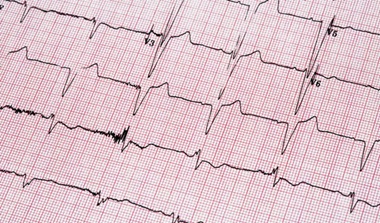5 Things You Should Know about Atrial Fibrillation (AFib)

AFib is the most common type of irregular heartbeat, affecting more than 5 million adults in the United States. Here are five things you may not know but should know about AFib:
Age is the greatest risk factor for AFib.
One in 10 people over the age of 80 have the heart condition. Other common risk factors include heart disease, diabetes, obesity and family history.
AFib may or may not cause symptoms.
• Irregular and rapid heartbeat
• Heart palpitations
• Dizziness
• Shortness of breath
• Weakness
• Fainting
• FatigueAFib is diagnosed with an electrocardiogram (ECG or EKG).
This test can be performed during an office vist. However, sometimes patients are asked to wear a monitor at home to record their heart rhythm over time.
There are several treatment options for patients with AFib.
In most cases, AFib can be controlled with medications. However, if medications do not work or have side effects, AFib can be treated with catheter or surgical ablation. Patients with an increasesd risk of stroke will be placed on blood thinners or other medication.
Nearly 35 percent of people with AFib will have a stroke.
AFib increases the risk of stroke by fivefold. It is important for patients to meet with their doctor to determine if their stroke risk is high enough to warrant being placed on blood thinners. If the patient is unable to take a blood thinner due to bleeding risks, the doctor may recommend a procedure to occlude the left atrial appendage.





